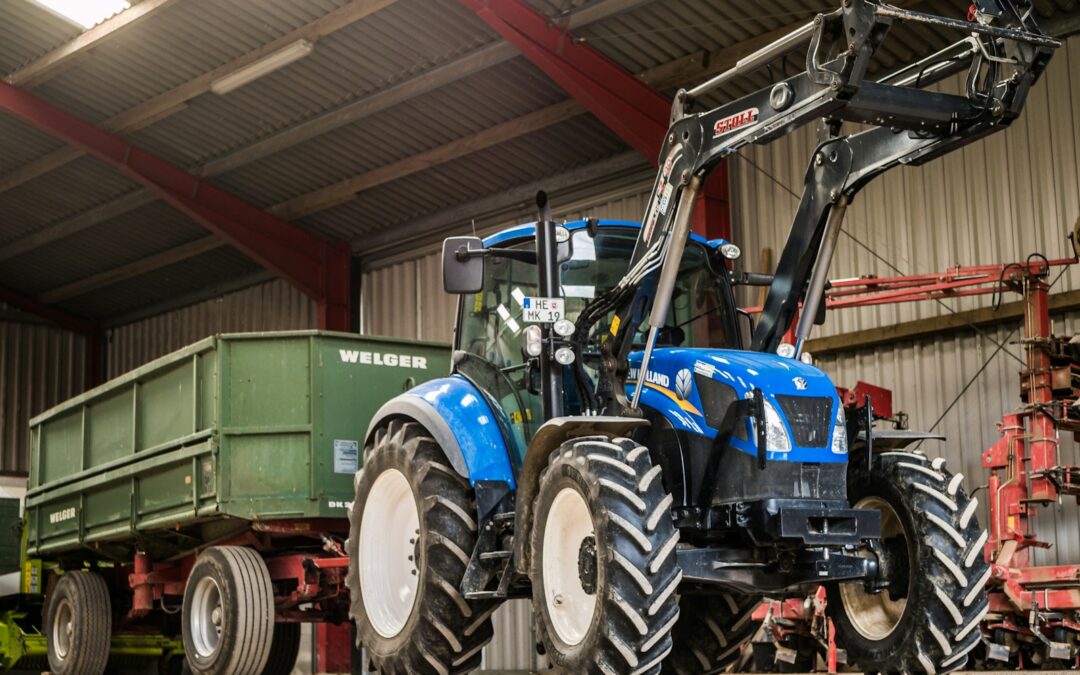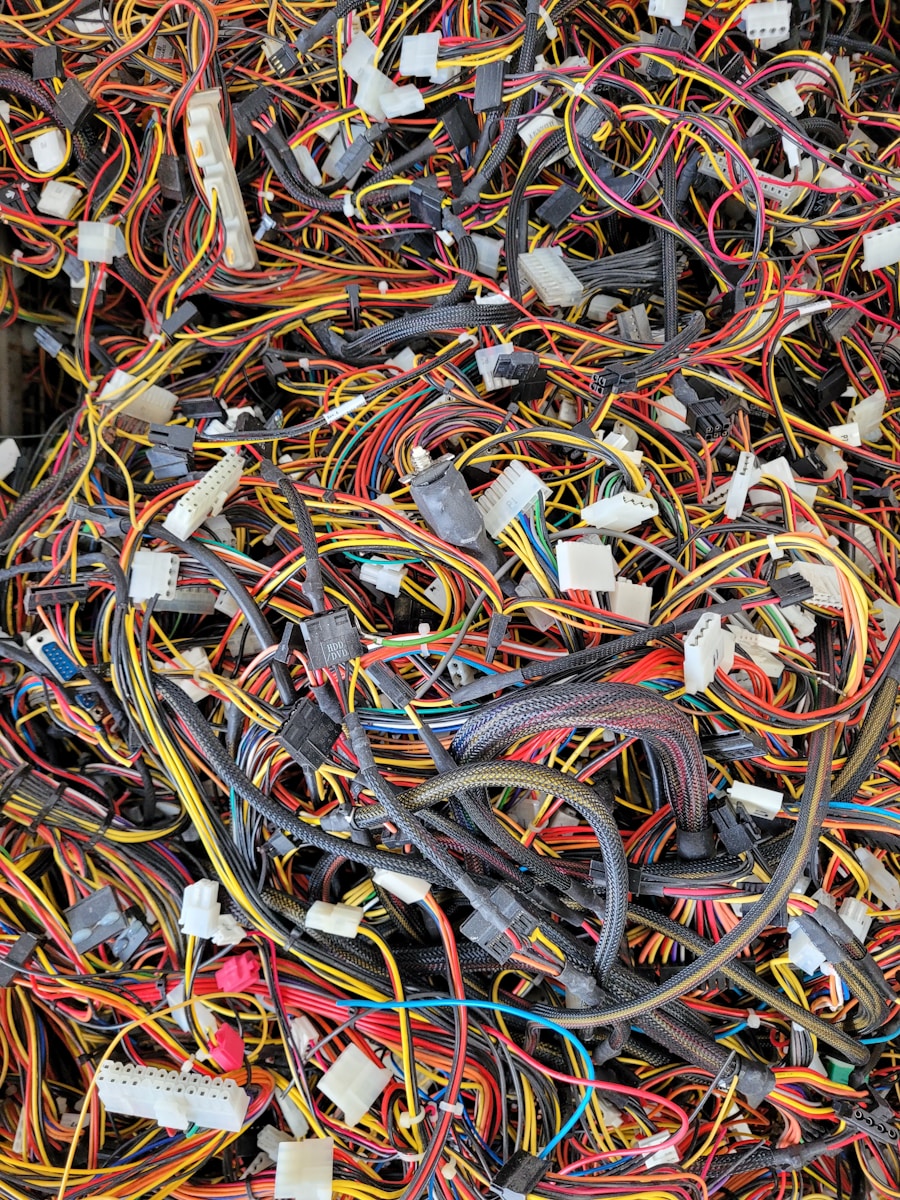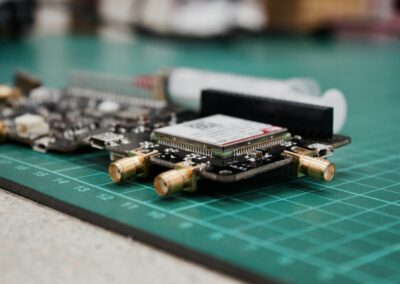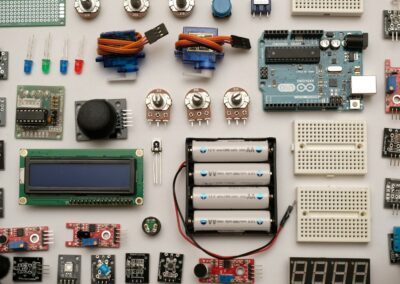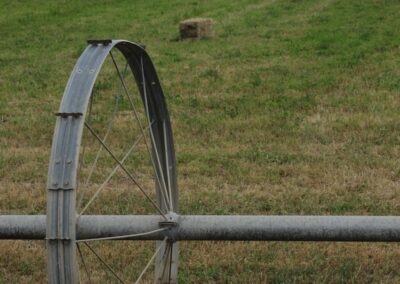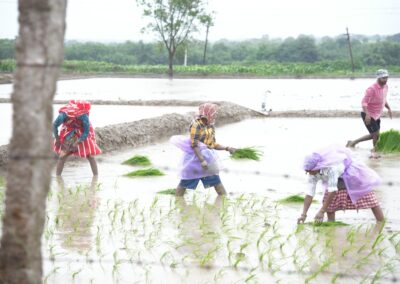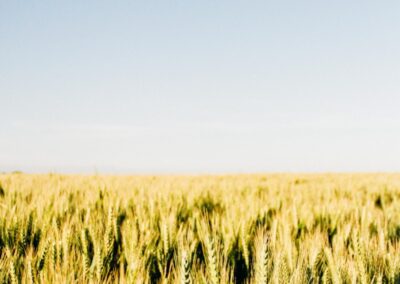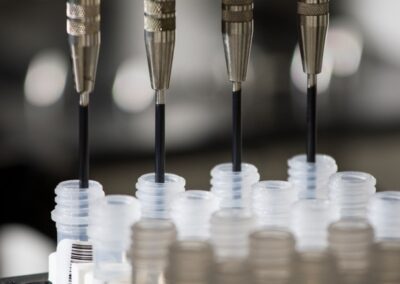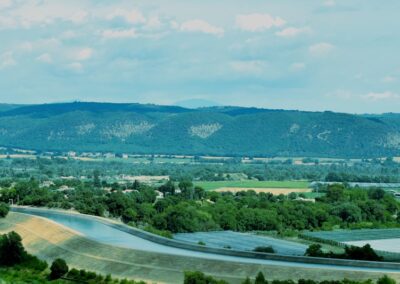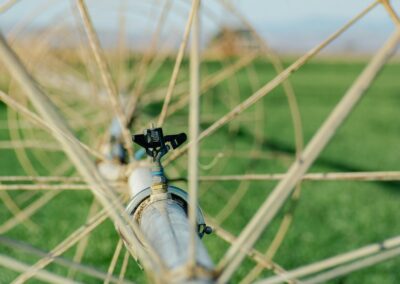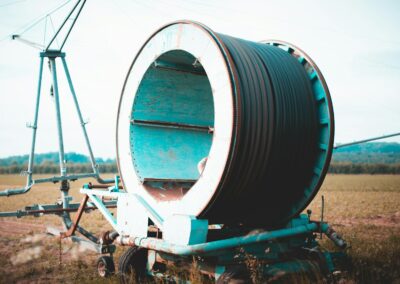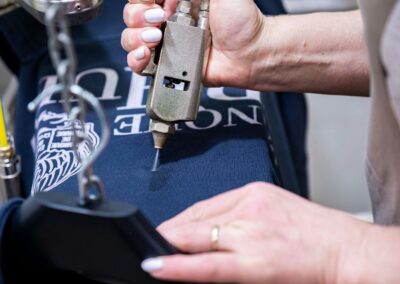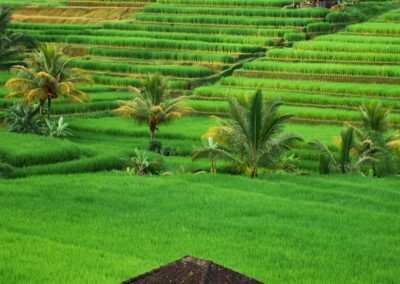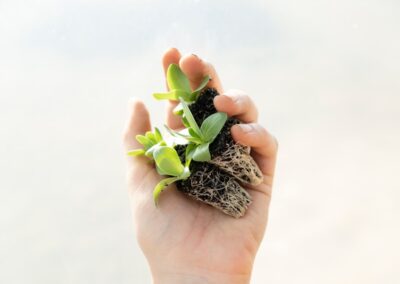Enhancing Agricultural Efficiency through IoT-Enabled Sensors
Integrating IoT-enabled sensors in farming equipment offers a groundbreaking approach to optimizing irrigation and fertilization schedules, particularly in regions like Saudi Arabia and the UAE, where efficient resource management is critical. These sensors provide real-time data on soil moisture levels, nutrient content, and weather conditions, allowing farmers to make informed decisions that improve crop yield and reduce resource wastage. By leveraging this technology, farmers can precisely control the amount of water and fertilizer applied to their fields, ensuring that crops receive exactly what they need when they need it.
In the arid climates of Riyadh and Dubai, where water conservation is a top priority, IoT-enabled sensors play a crucial role in managing irrigation systems. These sensors can detect when soil moisture levels drop below optimal thresholds and trigger automated irrigation systems to deliver the necessary water. This not only conserves water but also ensures that crops are not over-watered, which can lead to root rot and other issues. Similarly, sensors can monitor soil nutrient levels and automatically adjust fertilization schedules, ensuring that crops receive the right amount of nutrients at the right time. This precision agriculture approach maximizes efficiency and reduces environmental impact, making it a valuable tool for modern farming in the Middle East.
Real-Time Data for Precision Agriculture
The ability to gather and analyze real-time data is one of the most significant advantages of integrating IoT-enabled sensors in farming equipment. In Saudi Arabia and the UAE, where agriculture faces challenges due to extreme weather conditions and limited water resources, real-time data is essential for making timely and accurate decisions. Farmers can use this data to monitor crop health, predict pest infestations, and adjust irrigation and fertilization schedules accordingly. This proactive approach not only improves crop yields but also reduces the likelihood of crop failure due to unforeseen environmental factors.
For instance, in a smart farming project in Dubai, IoT-enabled sensors were used to monitor the moisture levels in different parts of a large farm. The data collected by these sensors was then analyzed to determine the most efficient irrigation schedule, which varied across different sections of the farm based on soil type and crop needs. As a result, water usage was reduced by 30%, and crop yield increased by 15%. This example demonstrates the power of IoT in transforming traditional farming practices into precision agriculture, where every drop of water and every gram of fertilizer is optimized for maximum efficiency.
The Future of Farming: IoT-Enabled Innovation
Sustainable Agriculture with IoT Technology
The integration of IoT-enabled sensors in farming equipment is paving the way for sustainable agriculture in regions like Saudi Arabia and the UAE. As these countries continue to invest in agricultural innovation to meet the growing demand for food, IoT technology will be at the forefront of efforts to enhance sustainability. By providing farmers with the tools to monitor and manage resources more efficiently, IoT-enabled sensors help reduce the environmental impact of farming activities. This includes minimizing water usage, reducing chemical runoff, and decreasing greenhouse gas emissions from over-fertilization.
In Riyadh, where sustainable agriculture is becoming a key focus, IoT technology is being used to create closed-loop farming systems. These systems rely on sensors to monitor every aspect of the farming process, from soil health to crop growth, allowing for real-time adjustments that enhance sustainability. For example, sensors can detect when soil nitrogen levels are sufficient and prevent the application of additional fertilizer, which not only reduces costs but also prevents the release of excess nitrogen into the environment. As more farms adopt IoT technology, the cumulative effect will be a significant reduction in the environmental footprint of agriculture in the region.
Challenges and Opportunities in IoT-Enabled Agriculture
While the benefits of integrating IoT-enabled sensors in farming equipment are clear, there are also challenges that must be addressed to fully realize their potential. In regions like Saudi Arabia and the UAE, where infrastructure development is ongoing, ensuring reliable connectivity for IoT devices can be a challenge. Additionally, the initial cost of implementing IoT technology can be a barrier for small and medium-sized farms. However, as the technology becomes more widespread and affordable, these challenges are likely to diminish.
Opportunities for growth in IoT-enabled agriculture are abundant, particularly in the Middle East, where water scarcity and food security are critical issues. By adopting IoT technology, farmers can improve resource management, increase crop yields, and contribute to the region’s food security goals. Furthermore, as the global demand for sustainable and efficient farming practices grows, the expertise developed in Saudi Arabia and the UAE can be exported to other regions facing similar challenges. This positions the Middle East as a leader in agricultural innovation, with the potential to shape the future of farming worldwide.
Conclusion: Embracing IoT for a Smarter Future in Agriculture
The integration of IoT-enabled sensors in farming equipment represents a significant step forward in the pursuit of smart, sustainable agriculture. By leveraging real-time data and precision technology, farmers in Saudi Arabia, the UAE, and other regions can optimize irrigation and fertilization schedules, improve crop yields, and reduce environmental impact. As these technologies continue to evolve and become more accessible, the benefits of IoT in agriculture will only increase, driving the industry toward a more efficient and sustainable future.
For business executives, mid-level managers, and entrepreneurs in the agricultural sector, understanding and embracing IoT technology is essential to staying competitive in an increasingly data-driven world. The success stories emerging from smart farming projects in Riyadh, Dubai, and beyond serve as a testament to the transformative power of IoT in agriculture. By adopting these innovations, the Middle East can lead the way in creating a more sustainable and food-secure future for all.
—
#IoT #Agriculture #SmartFarming #Sustainability #SaudiArabia #UAE #Riyadh #Dubai #BusinessSuccess

